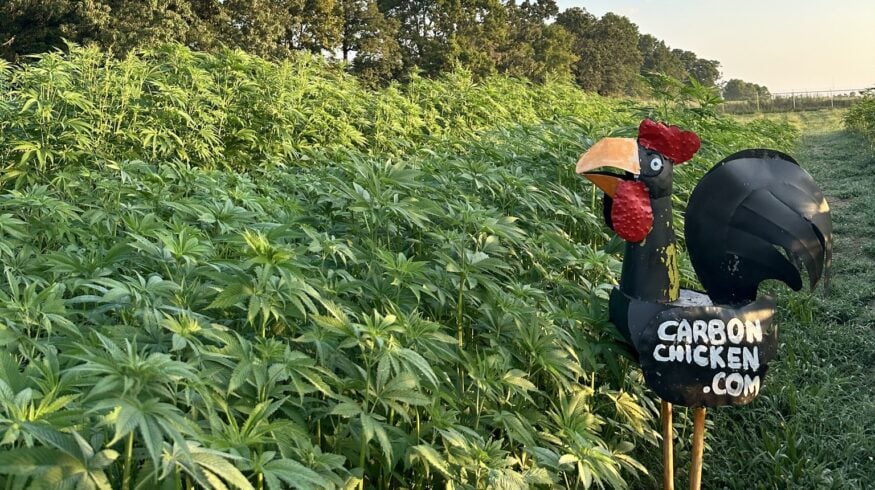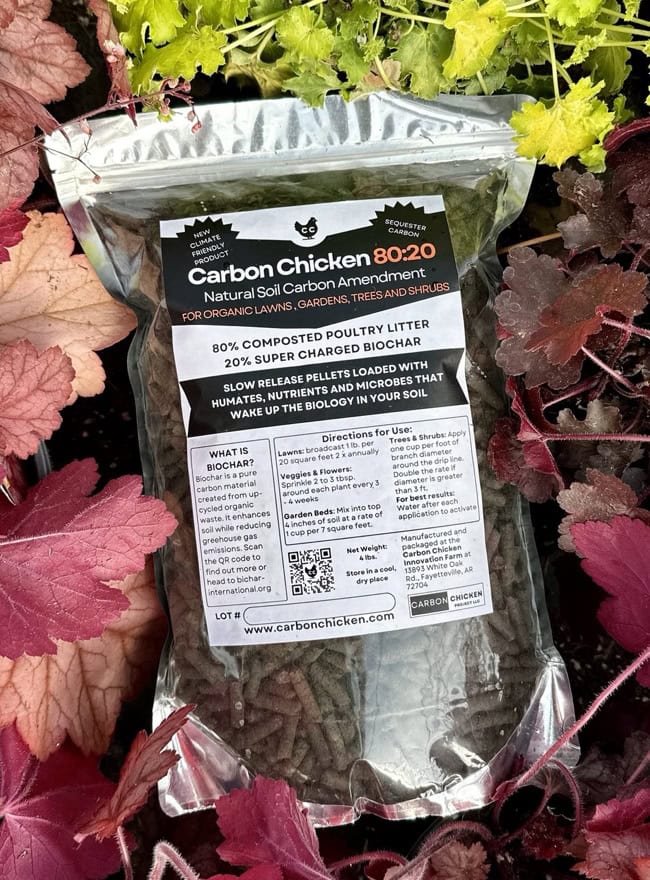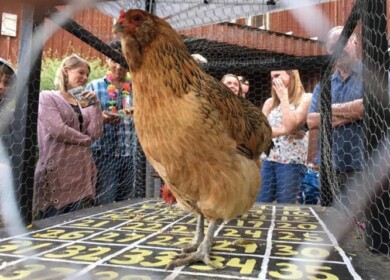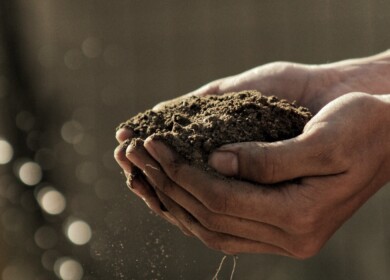Carbon Chicken receives $591,000 USDA grant for carbon-negative agriculture initiative

The U.S. Department of Agriculture (USDA) has awarded a $591,000 grant to Carbon Chicken, a sustainable agriculture project, to implement carbon-negative farming practices across Northwest Arkansas and parts of Oklahoma. This initiative, part of the USDA’s Natural Resources Conservation Service’s innovation grants, is one of 53 funded this year.
Led by Jody Hardin, a fifth-generation Arkansas farmer and the project director, Carbon Chicken aims to integrate 80% chicken litter and 20% biochar to create a product that not only reduces water pollution and CO2 emissions but also enhances soil health and sequesters carbon. Hardin highlighted the project’s potential to increase farm income, resilience, and attract private investments in carbon-negative farming.

The project collaborates with experts, including Dr. Liz Haney at Soil Regen, Regen Ag Labs, and partners like Beyond Description Farm and Curva & Associates. It involves four farm operations across Arkansas and Oklahoma, focusing on utilizing biochar—a solid, rich in carbon made from biomass in limited oxygen—to repair ecological damage and improve the Illinois River Watershed farming region.
Toua Yang, one of the participating farmers, emphasized the project’s impact on addressing poultry waste issues and improving crop growth through better soil conditions. Dr. William McCoy, an advisor and investor, lauded the project as a vital model for sustainable agriculture that could be replicated regionally and beyond.
This funding underscores the USDA’s commitment to fostering innovative agricultural practices that address greenhouse gas emissions, which constitute 11% of the nation’s total, with a significant portion resulting from animal agriculture.
Enjoyed this story?
Every Monday, our subscribers get their hands on a digest of the most trending agriculture news. You can join them too!















Discussion0 comments